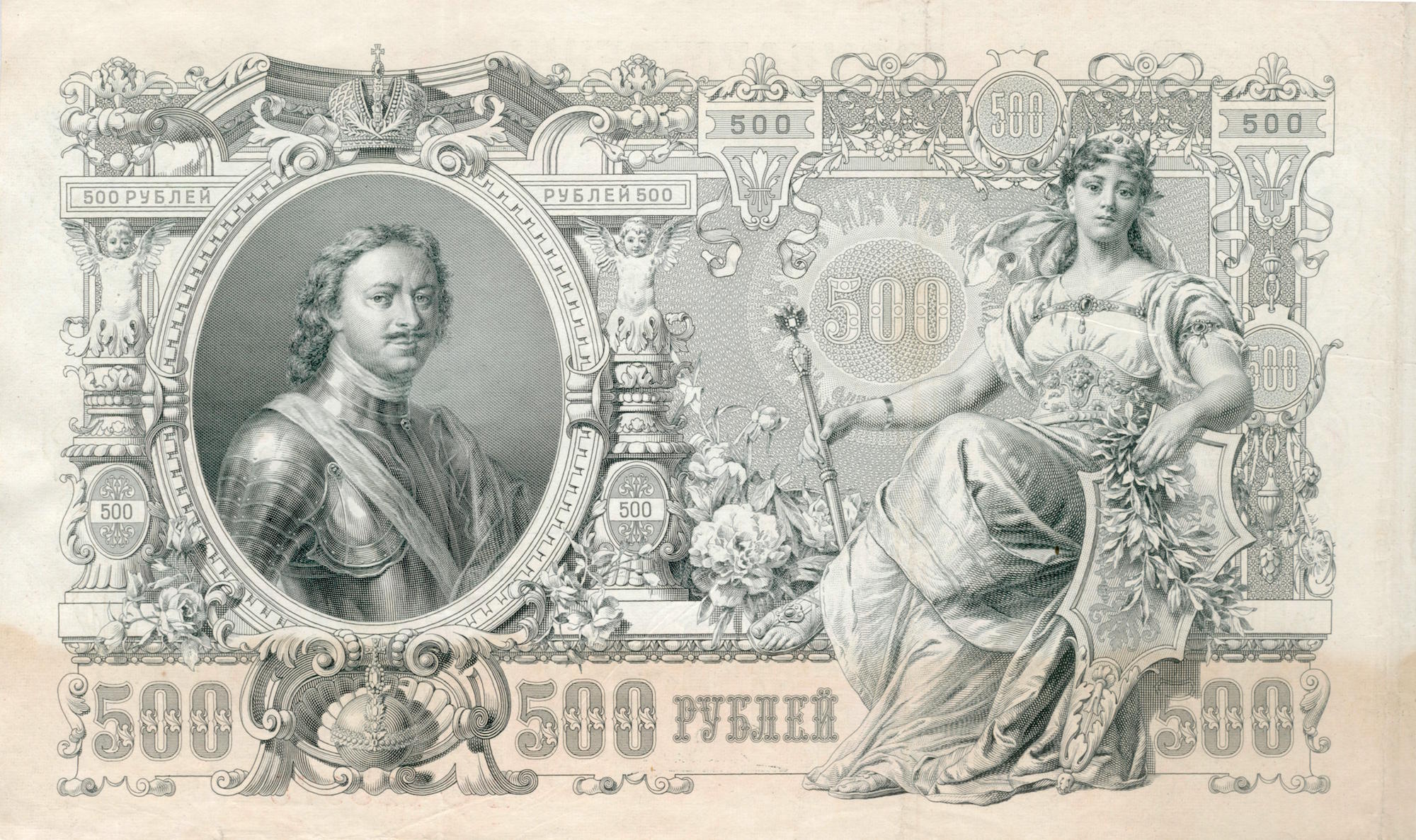Paige Reynolds | Contributing Writer
Yesterday was quite the balls-up for the poor, sharply declining Russian rouble. Luckily the panic has not yet spread to the streets and although there were some suspiciously long queues outside the banks around the centre of Moscow, I have yet to witness riots or Soviet-style bread queues. All seems quiet on the Eastern Front, as it were.
Over the past week, the rouble has devalued rapidly and it seems the old proverb, prevention is better than the cure, escaped Elvira Nabiullina, the head of the Russian Central Bank. Overnight on Monday, in an attempt to save the depreciating rouble, interest rates were hiked from 10.5 per cent to a staggering 17 per cent, the largest hike in 16 years. Although this eased off the pressure for a few hours yesterday the rouble climbed from 74 to the euro and to an outrageous 97 at its peak at around 4pm local time (source: XE.com). Whether Russia will be able to sustain this high interest rate and maintain economic growth is questionable but making the imminent recession as pain free as possible is perhaps the more immediate concern.
Why is this happening? Well, it’s obvious really. The crisis in the Ukraine may be appearing less and less as headline news, but in terms of US-Russian relations and sanctions from the West the consequences still ripple through Russian society. The situation is at a stalemate and this week’s sharp currency depreciation can largely be seen as a result of the US’s announcement of more sanctions in the coming year. Could a second Cold War be on the way?
The price of oil is also largely accountable for the economic nightmare in Russia. The price of Brent crude oil traded under $60 for the first time since 2009 and OPEC have failed to cut oil production hoping to weather the current price hit and let the US firms go bust. There is less and less need for Russia’s main export; the US have become more self-sufficient and countries such as Libya have increased oil production rates quickly despite speculation. Therefore, with Russia’s main export becoming less and less valuable, trade is coming to a potential standstill. The World Bank predicts that Russia’s economy will contract by at least 0.7 per cent next year if oil prices do not rise, the central bank has spent over $70 billion trying to stabilise the rouble – but will they have to spend more?
What happens now? It’s hard to say – I’m not an economist and even those who are seem uncertain about the future. What’s for sure is that 2015 is not going to be an easy year for Russia. In the institute where I study, rumour has it the teachers haven’t been paid for the last 2 months and today the whole International Office ‘called in sick’. Estimated figures for inflation in the New Year are anything between 10 – 40 per cent and it will certainly be interesting to see the austerity measures individuals and companies alike will put in place. There was already visible mark up on expensive foreign goods today, particularly European fashion goods in shopping centres such as GUM and TSUM, and the Apple store had to ban online sales in Russia yesterday to stop those trying to mass-buy while the rouble remained low.
I’m one of the lucky ones really. The pounds I have in my savings are only increasing in value, but for my friends who are working here their wages have almost halved. Indeed, for the average working class Russian, with the expensive Christmas season on the horizon, I cannot imagine the stress they are feeling for the coming of the New Year. The situation has the potential to escalate and it will be up to the Russian government to make every effort to stabilise it as quickly as possible. With political relations with the West worsening, isolating themselves economically is a problem Russia doesn’t want to have to add to that list.







